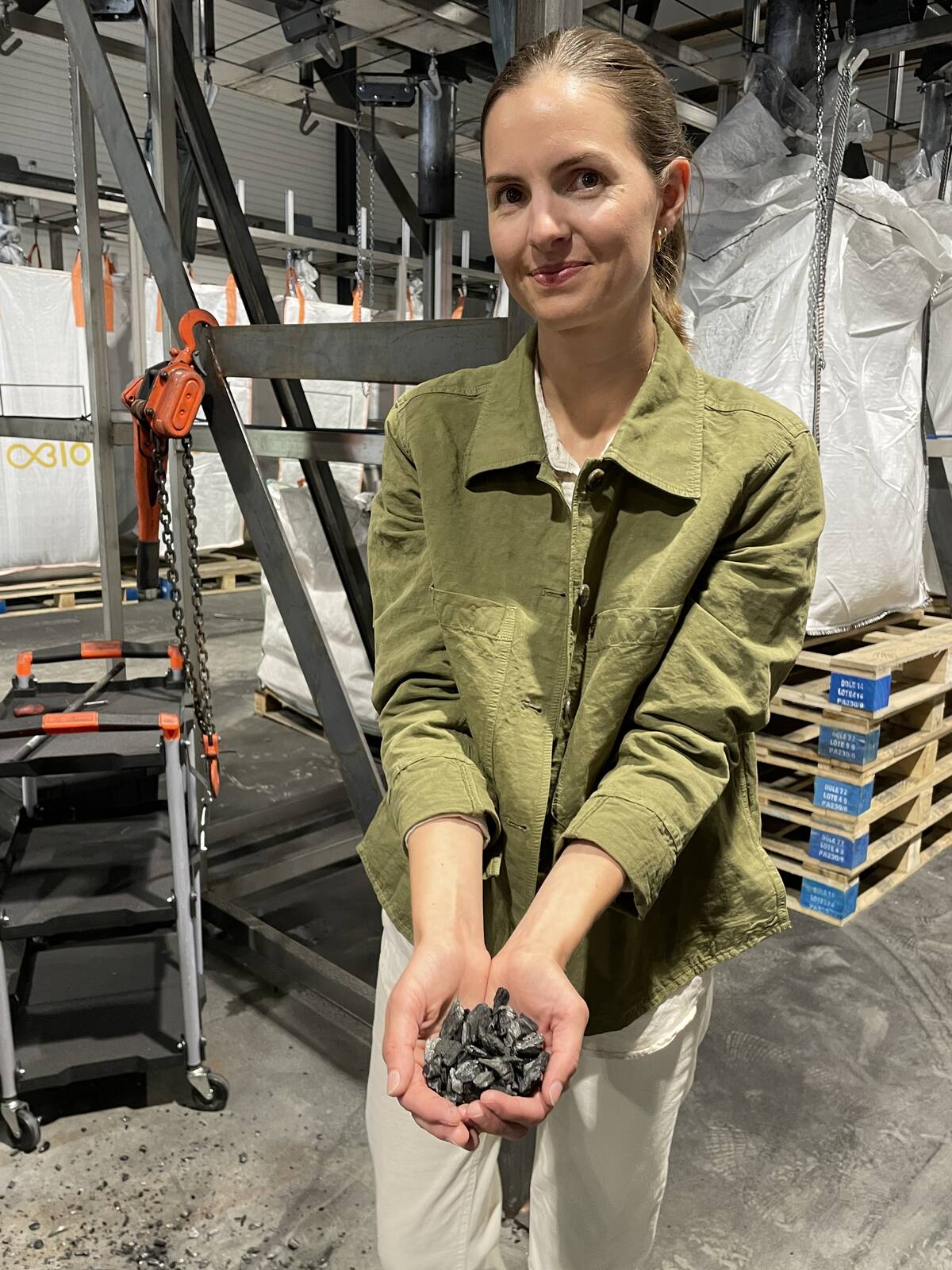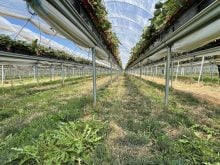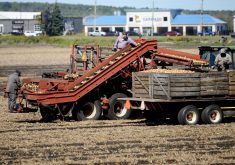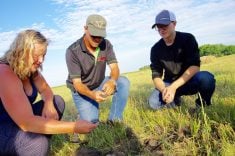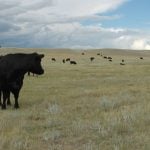A Norwegian start up is showing how a little black powder could have a big impact on farming — from healthier livestock to stronger soils and a more climate-friendly future.
Why it matters: The ongoing emphasis on reducing antibiotic use in livestock production and increasing soil health means farmers are looking for new tools to help them achieve this.
Obiochar, based in rural Norway about 120 kilometres north of Oslo, is using a fully automated system to turn biomass – in this case dead trees from nearby forests that can’t be used by the lumber industry – into a powerful tool for agriculture.
Read Also
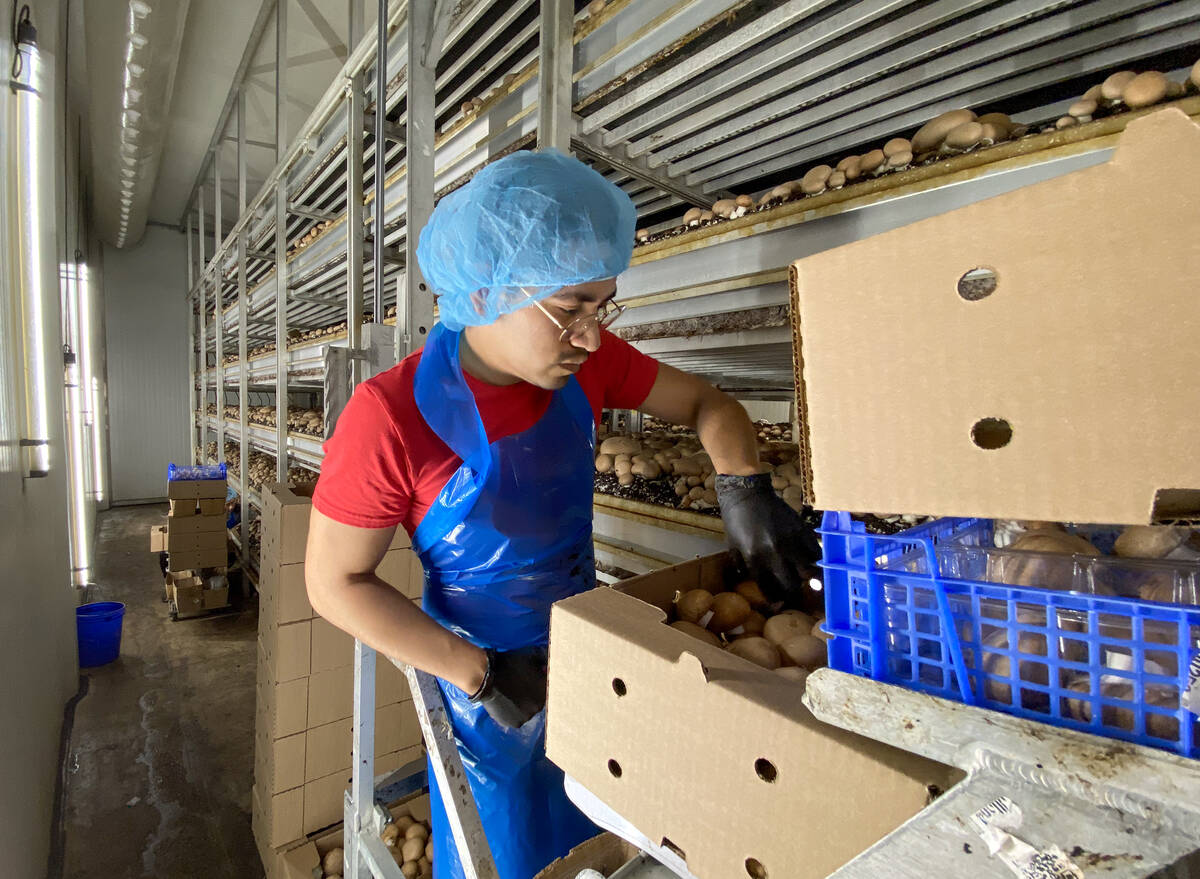
Ontario’s other economic engine: agriculture and food
Ontario Federation of Agriculture president, Drew Spoelstra, says Ontario’s agriculture and agri-food sector should be recognized for its stability and economic driving force.
And while biochar itself isn’t new, Obiochar ‘s unique, dual-focused approach to using biochar is setting it apart from its competitors. The company is developing biochar products both for livestock gut health in the form of feed additives and soil enhancement as an amendment.
“In order to become climate neutral by 2050, we need negative emissions and biochar is one tool that makes it possible,” said Obiochar CEO Einar Stuve during a visit to the company’s facilities. “Biochar is a permanent removal of carbon dioxide.”
Biochar is made by heating biomass at around 650 degrees Celsius in a low-oxygen environment. The process, called pyrolysis, locks carbon into a solid form that won’t break down in the soil for thousands of years. It’s estimated that one tonne of biochar stores the equivalent of three tonnes of carbon dioxide that would otherwise be released into the atmosphere.
The heat used in the process is captured and sold to a meat processing plant next door, making the system both energy efficient and revenue-generating.
In addition to product and residual heat sales, Obiochar also makes about 25 per cent of its income from selling carbon credits.
For Stuve, a farmer himself, key to Obiochar’s success is focusing on practical, farm-ready uses for biochar in soil management but also animal health.
“Biochar binds toxins and pathogens in the gut and improves redox reactions,” said product development lead Kristina Alme Gardli. “It creates a healthier digestive environment, which supports growth and resilience.”
To date, the company has completed 29 field trials and two clinical trials with livestock in Norway, including pigs, turkeys, broiler chickens, lamb and dairy cattle. The trails were carried out with research partners Tine, a dairy processor, farmer-owned food producer Nortura, input suppliers Norgesfor and Strand, and dairy genetics company Geno.
The results speak for themselves, said Gardli, who noted that piglets fed biochar showed better gut health, gained one kilogram more weight, and had lower mortality than piglets who did not receive biochar. This resulted in increased returns of 160,000 Norwegian Kroner (approximately C$21,600) with biochar costing approximately C$1,200 per year.
Calves receiving biochar mixed in with milk replacer had shinier coats and fewer health issues; in poultry, lamb, and dairy cattle, biochar was shown to help reduce gut inflammation and promote overall health.
Biochar’s soil amendment benefits range from increased water retention and better drought resilience to creating habitat for soil biota and rebuilding soil carbon. Farmers can apply biochar using lime or manure spreaders, mix it into slurry tanks or add it to livestock bedding to reduce moisture and odours.
Stuve said two of the company’s biggest hurdles to growth are lack of product awareness and cost.
“The biggest problem is getting people to know about it and use it,” he said. “When you’re adding biochar to a soil that is well-fertilized, well drained and with normal pH, there is no immediate increase in yields, and farmers need higher yields to pay for the biochar.”
The Norwegian government has just increased the subsidy amount available to farmers for using biochar, which Stuve hopes will help encourage uptake. Obiochar currently operates one production line with annual capacity of 600 tonnes, and is ready to expand as demand grows, which will also help bring cost down.
“Biochar gives us negative emissions, something very few technologies can offer today,” he says. “It helps the climate, but it also helps farmers — with better soils, healthier animals, and new ways to reduce waste.”

